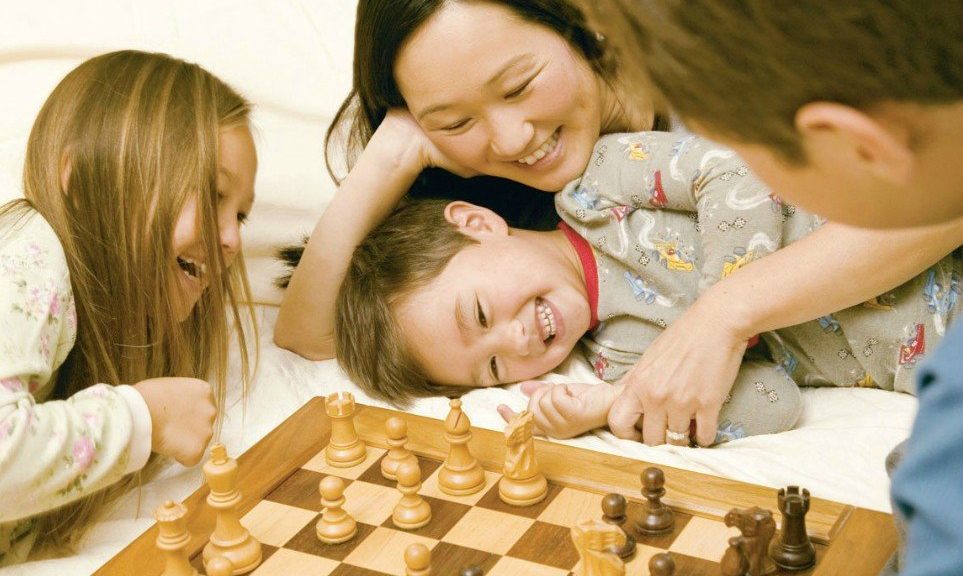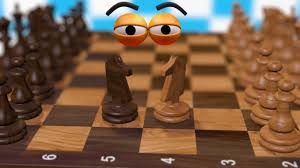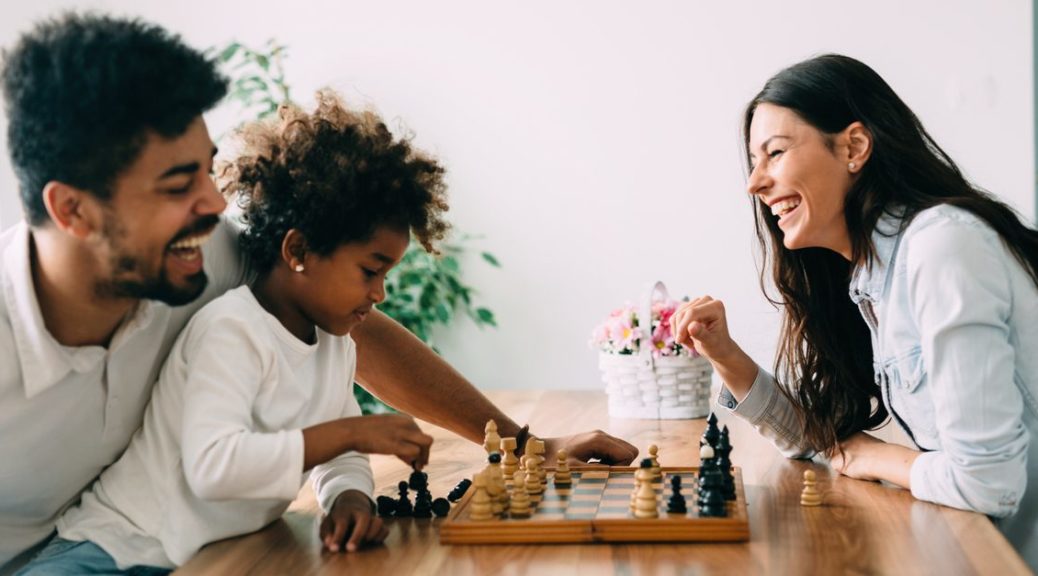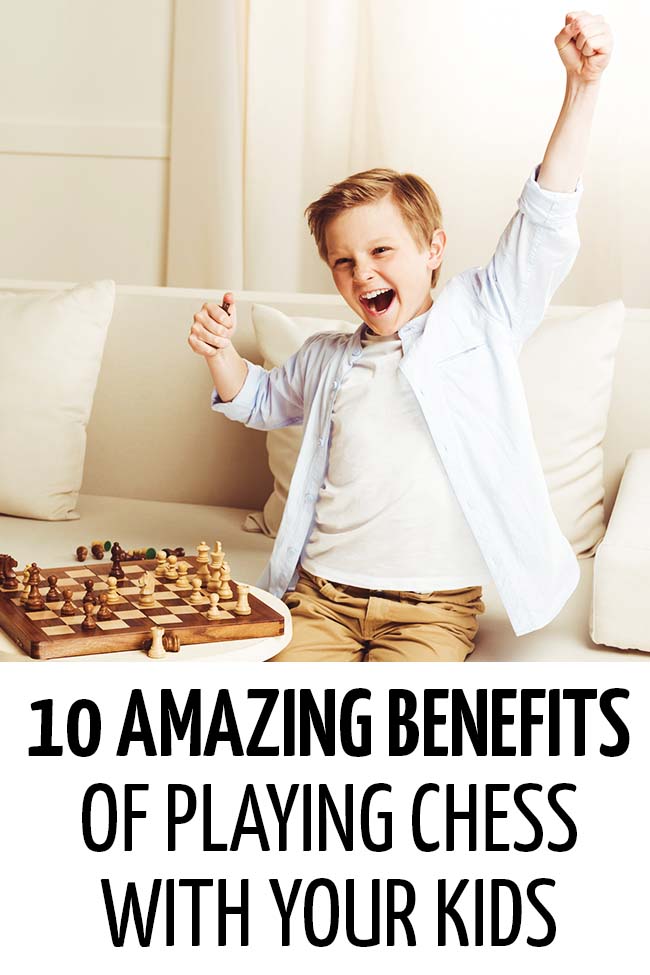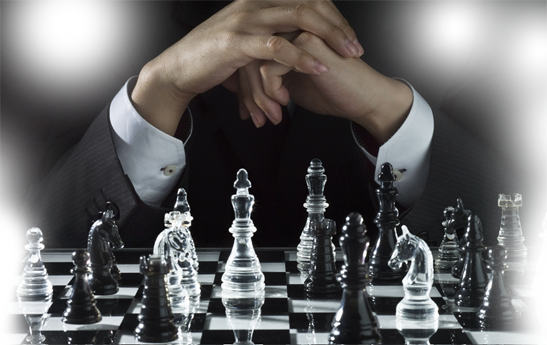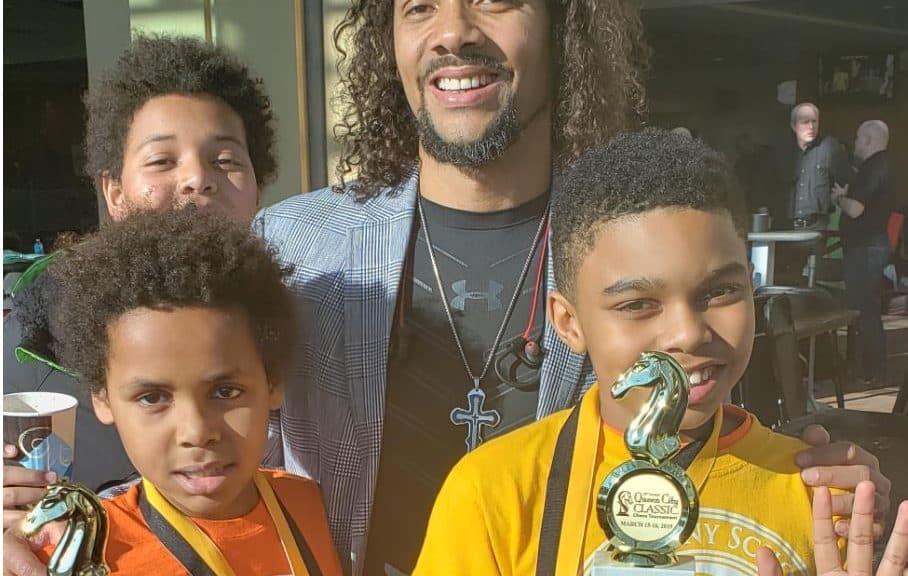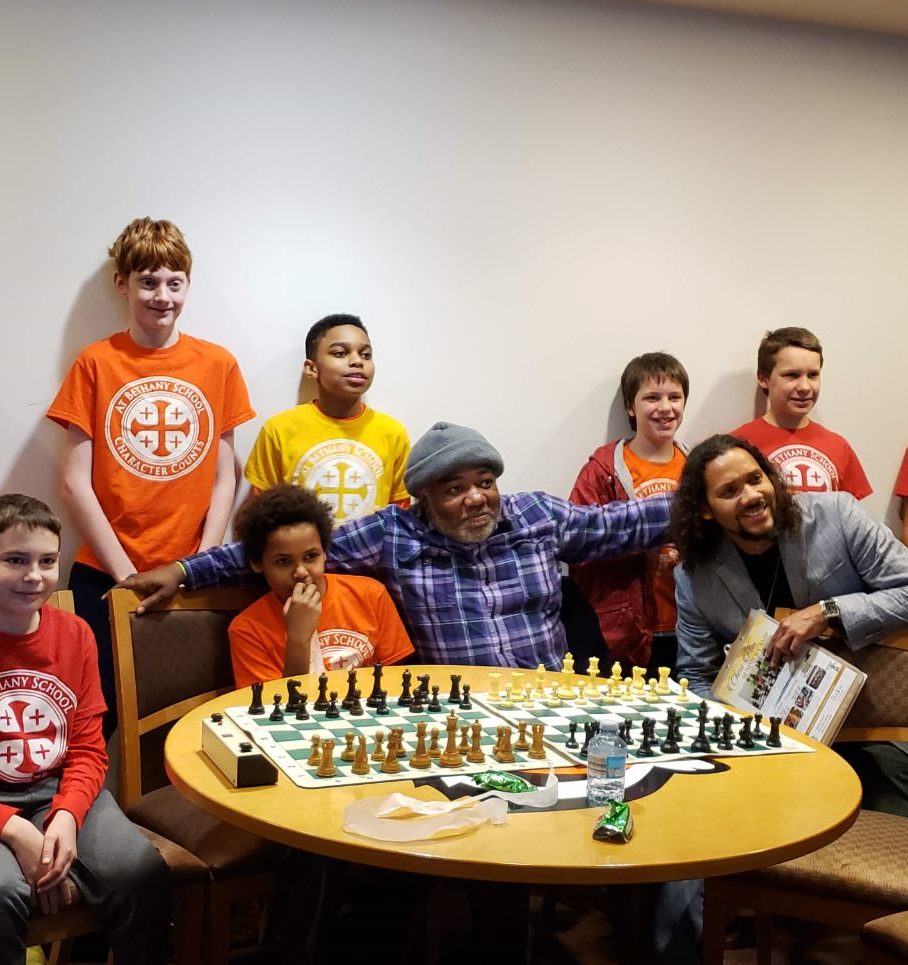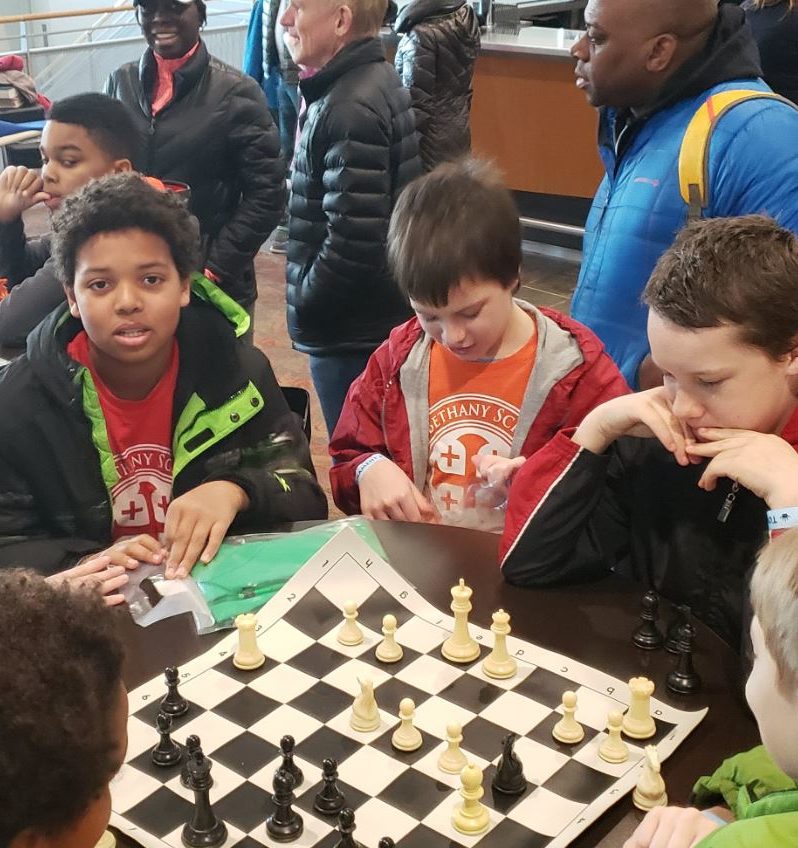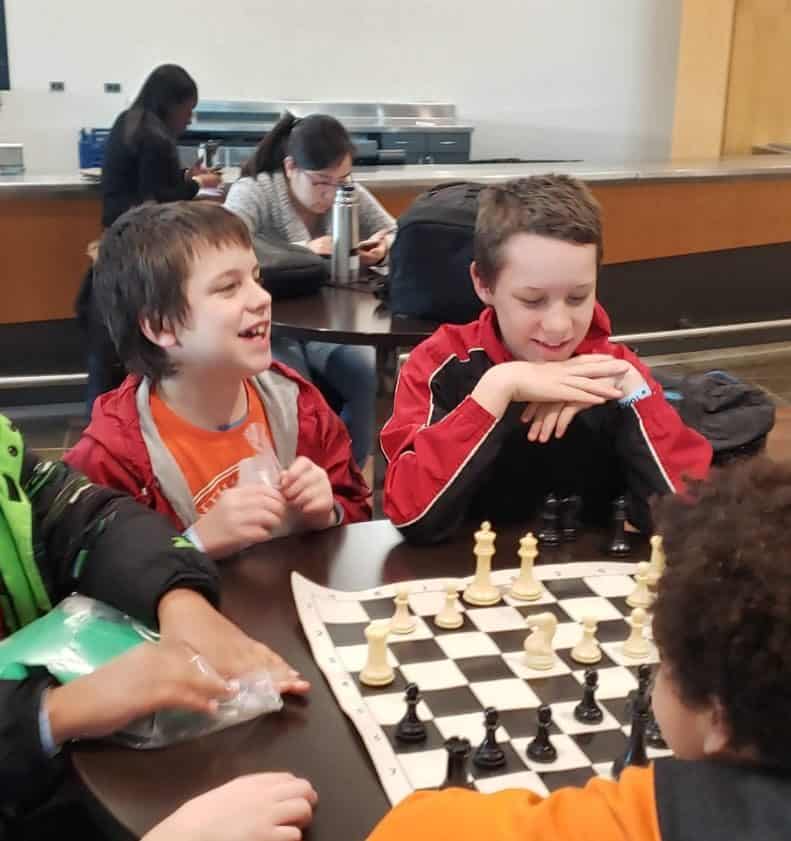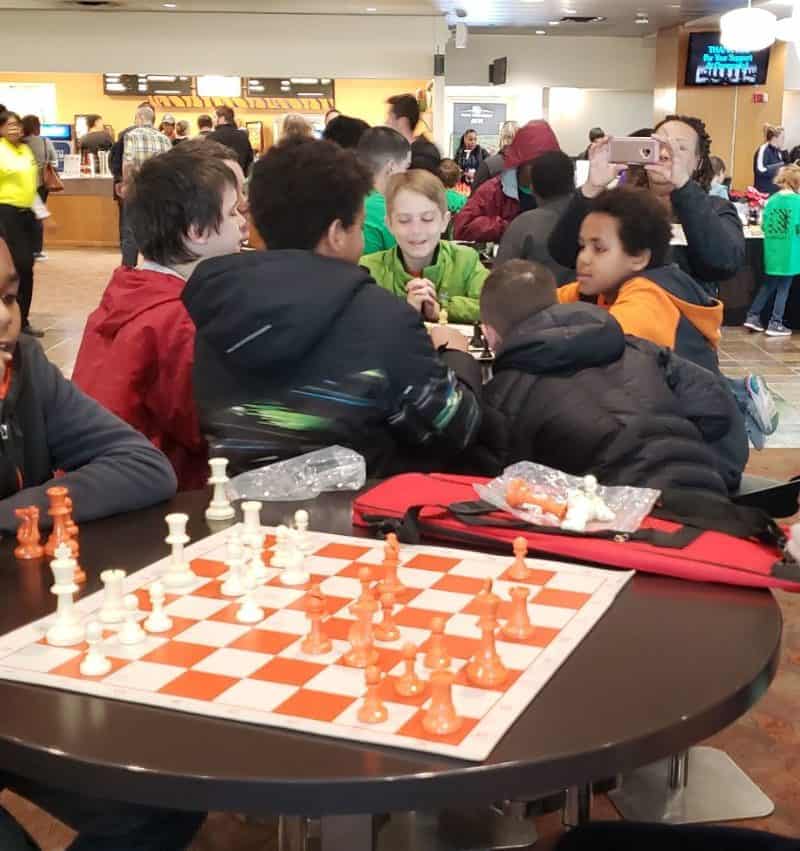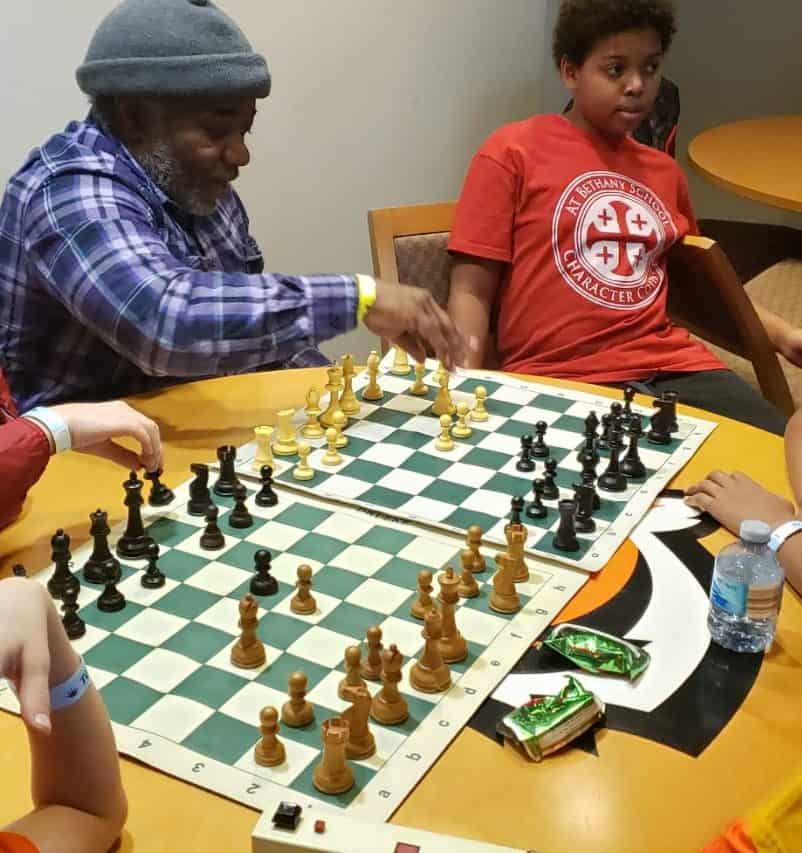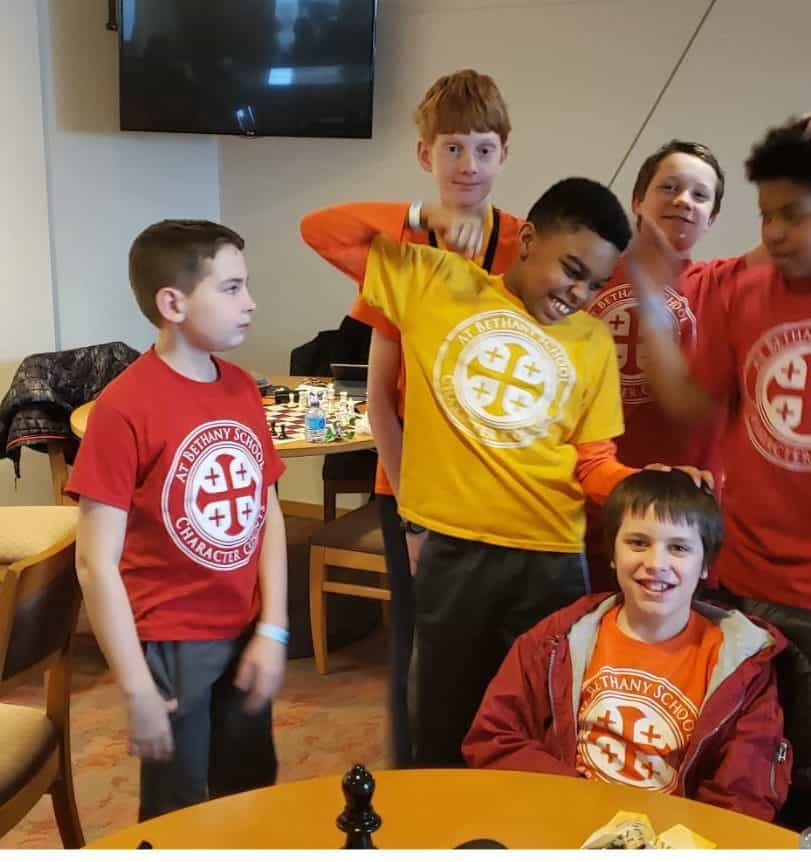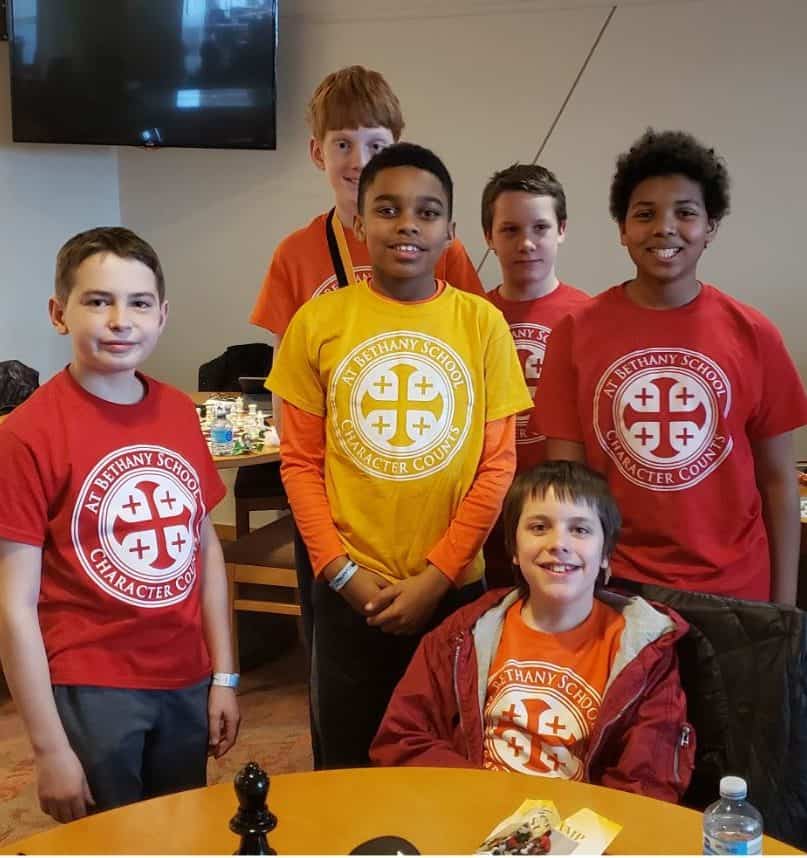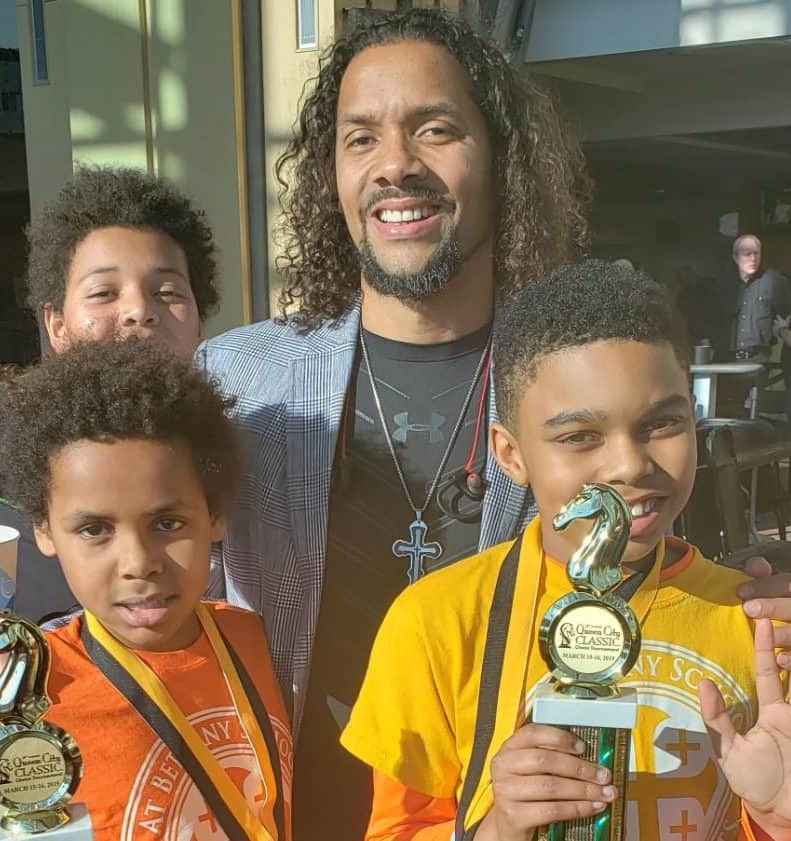We all know that teaching chess to little kids can be very tricky. People who tried teaching their six or seven year olds will know how the experience can either be a cherishable memory or a slow torture you somehow want to survive, especially with a group of naughty kids. The way the pendulum swings depends on how much you understand them and what your approach is towards teaching. In this article, Arun J, who is a chess coach based in Pondicherry, will share with us some ideas which we can use to help our children to discover the joy of chess.
Make the class fun and memorable!
Why do we get burnt badly in a class full of little children, especially with children hungry for chess but naughty enough to play catch with pawns and pieces? The problem begins with the values upon which your teaching approach is based. Many teachers or parents view their children as empty vessels, ignorant creatures waiting for their brain buckets to be filled by the parents’ wisdom and knowledge. But the truth is that children are more elastic in respect to learning, their minds fertile to learning new and exciting things.
The desire to fill these buckets, when they don’t assimilate, leads to irritation, enough to set your whiskers on fire. But if you consider them as beautiful young minds waiting to absorb the seeds and sparks of exciting new things to learn and grow as they evolve, then the class becomes fun and memorable.

Patience
Being a chess parent (or a chess teacher of little kids) is like being a gardener for a rose bed, one that shines with different colours of roses when they start blooming. The problem is that we will have to nurture it with patience, time and tolerance.
IDEA:
Shorter classes, properly structured with different activities are the best. Younger kids find it difficult to keep their concentration during long classes. So make sure you shorten your class while they are still happily engaged.
Fast-food approach towards learning
Don’t push. Many success-driven parents fail to see this. They push, they want their child to become the next super GM, stress them out and make them hate the game forever – not because of the game but because of how it was presented.
The fun of learning and the joy of discovering
It is fun that motivates children more than anything. The fun of discovering something new and exciting. The game should not be presented like a dictionary waiting to be memorized, but as a colouring book that should be lived and experienced.
IDEA: Games and gamification. Kids love games. Quiz up the class. Give points for engagement, correct answers and negative points for negative behavior (the point system has to be explained clearly beforehand).
IDEA: Activity-based classes. Turn passive lecture-type classes into different activities. One example is to let your students make their own chess set. The pieces can be made by using recyclable household items (example: bottle caps, pen caps, clay, nuts/bolts, but make sure they are big enough. Keep a close eye on them so they don’t swallow these. Use caution with little ones.) and the chess board can be drawn on an A3 sheet and coloured by them. Let your imagination run wild and you can come up with different activities (or google them).

Inculcating inquisitiveness and interest
Pushing students with facts and difficult concepts will only make them bored. Eventually, they will lose their interest. What matters more is constantly instilling a sense of awe, feeding their curiosity about chess. Encourage the habit of asking questions.
IDEA: Chess and Math. Chess can be used as a platform through which kids can hone their logic and even Math skills. Each piece has a point attached to it. So, three pawns equal three points while a queen and two bishops equal fifteen. Using this relatedness, Chess-Math games can be invented and used as exercises during a class. But remember – younger kids might find it difficult when you need more than two hands to solve a Chess-Math puzzle.
IDEA: And finally: kids love challenges! Many logical puzzles like the famous eight-queens puzzle or exercises like Pawn Mowers can be a fun and challenging exercise for kids.
Storytelling and correlative explanation of concepts
Combine words with images and stories. Combine music and dance with ideas. Combine abstract concepts with real things that children can understand and weave the thread of a story around it. This helps form a concrete basic understanding of the fundamental concepts and ideas in chess.
This unforgettable chess adventure is designed to advance young chess player’s skills, move by move. Discover mini-games, brain-twisters and more at every attraction. Pick up chess tips and skills as you ride in bumper cars and the Ferris wheel. Polish up your chess strategy and tactics, opening, middle game and endgame and use what you’ve learned to win. You’ll have lots of fun while you learn more about the serious business of playing – and winning – chess!
For example, the knight is the most difficult piece for kids to understand because of the difficult logic behind the moves. It really helps to nail down the concept when you ask how many kids have visited a zoo, show them pictures, or even make a trip to a zoo if that helps. You can continue to tell stories about how horses were used in early days and about knights in medieval times. This helps them relate the piece with images and stories.
IDEA: Chess History. Chess has evolved for over two thousand years to what it is today. It has a rich history, dotted with numerous exciting stories waiting to be told. You can start with how the chess board and the pieces evolved. Show them pictures of old chess sets from different times.
Efficiency vs Effectiveness of a Class
Learning doesn’t stop with fun. The purpose of a class is to help children discover how much fun chess is, develop their curiosity for the game and continue to develop their understanding of game concepts. A parent or teacher has to look at the big picture. It’s not enough for kids to leave a class grinning and jumping. That is only one aspect of evaluating success – efficiency. The other is effectiveness – being able to walk in the right direction with all the classes – the proper learning journey for the kids to develop gradually in chess. For this to happen, it is very helpful to follow a curriculum. There are both free and premium curricula on the internet, all a Google search away. The other way to do it is to sit, think and plan your classes in advance.







